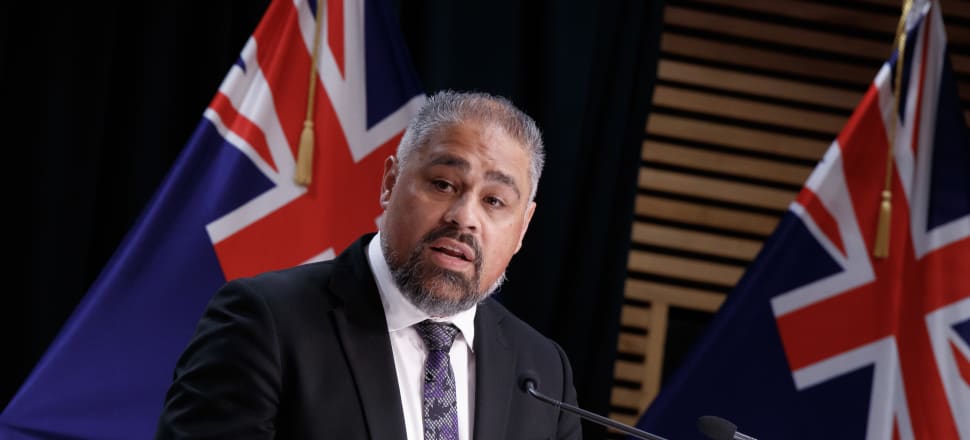
Nearly three quarters of positions in the Defence Force are paid more than 5 percent below the public sector median
The Defence Force warned ministers low pay is driving members away, creating "capability gaps".
In a March 7 briefing obtained under the Official Information Act, the NZDF's chief people officer Brigadier Matt Weston told Defence Minister Peeni Henare the military "is currently experiencing high attrition rates that are increasing month on month".
As of the end of February, 16 percent of civilian staff had left in the previous 12 months, as well as 13.7 percent of Army staff and just over 9 percent at the Navy and Air Force.
"In some areas and trades where the job market is especially buoyant, it is over 20 percent," Weston wrote. The IT, medical, mechanical and construction trades were considered "key risk areas".
Previous coverage of the attrition issue has suggested the heavy workload in MIQ facilities is to blame, but the military's support of that operation isn't mentioned in the briefing. Instead, Weston laid the blame at the foot of poor pay.
The NZDF views fair pay as base salary midpoints no more than 5 percent below the median salary for public sector equivalents. But only 27 percent of ranks and grades meet that definition - the remaining 73 percent are 5 to 16 percent below the market median.
"Having almost three quarters of all NZDF personnel being paid at least 5 per cent below comparable civilian roles is unacceptable," National Party defence spokesperson Tim van de Molen told Newsroom.
"Current attrition and an inability to fill positions are directly attributed to the distance of remuneration from the public sector median. Fifty-four percent of civilians and 38 percent of military cite poor pay relativity as a key factor in leaving," Weston wrote.
"Traditionally, military personnel are less motivated by salary than other benefits (and by their commitment to service and sense of purpose), however this trend appears to be reversing as military personnel face a growing gap between the cost of living (including house costs and general inflationary pressures) and the remuneration provided."
This isn't an issue that can be fixed overnight.
"Many of the skills the NZDF requires take time and experience to develop and with no outside labour market to draw from, replacements for releases often take years to build the required skills. The NZDF accounts for releases in its workforce planning, but when attrition rates are greater than predicted, HR capability gaps are created."
The Defence Force submitted a bid for funding in Budget 2022 to close the remuneration gap. It received $90 million over the next four years for that project, but Henare declined to tell Newsroom whether this was the full amount the military asked for.
"I can tell you that you'll see the full Budget documents released very soon. For my part, I'm particularly pleased with what we were able to receive in the Budget as a whole but in particular the remuneration package," he said.
"I think it will go some way to [closing the gap between NZDF salaries and the rest of the public sector]. But let's be honest here, we've got a very challenging labour market at the moment that's going from strength to strength."
Van de Molen said the Government's Covid-19 border policies were responsible for the present "extremely tight" labour market. Both he and Henare also said that pay wasn't the only cause of Defence Force attrition.
"Attrition has been unacceptably high since NZDF personnel were left manning MIQ facilities for extended periods, instead of doing what they joined the military for," he said.
"Many sign up with the Defence Force so that they can look towards deployment offshore," Henare agreed. "We've had some opportunities since we changed our border settings. To support Ukraine, we've deployed people. We've got reengagement exercises right across the Pacific at the moment. It's those kinds of deployments that are opportunities that those who sign up with the New Zealand Defence Force look towards."







